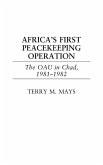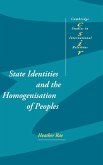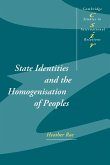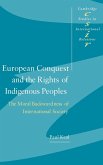?In explaining Anglo-American cooperation and the emergence of an American globalism on post-WW II years, defense policy consultant Best credits the British with leading the way. Challenging the views of Michael Sherry and Daniel Yergen, Best doubts that the US initially sought the role of world policeman. Premised on a belief in a continuing strong British presence in Europe and the Middle East, American planning for postwar security stressed regional objectives and not global dominence. It was British Foreign Secretary Ernest Bevin, aided by British defense officials, who coaxed reluctant American leaders to accept responsibility for the defense of Western Europe and the safeguarding of the eastern Mediterranean. As a result, according to Best, American leaders accepted the idea that US strategic interests were inexplicably tied to those of Britain. American participation in NATO made this final shift from "a dying isolationism" to global leadership. Although championing the role of the British in fostering this transition to globalism, Best admits that the extent of influence exerted by British officials in bringing it about cannot be precisely determined....?-Choice








